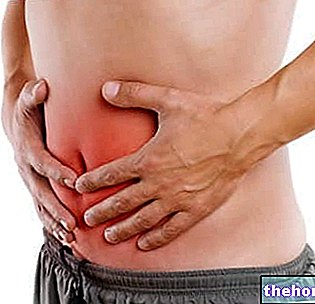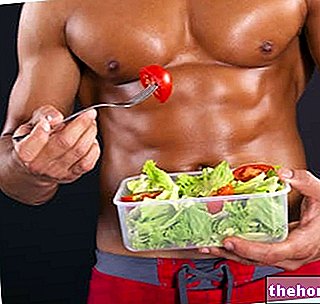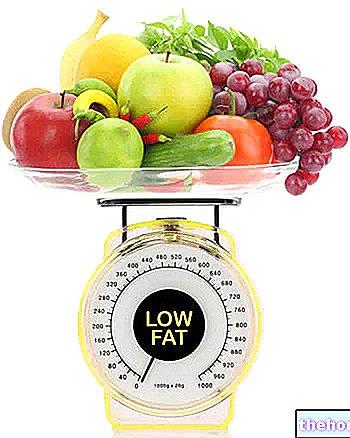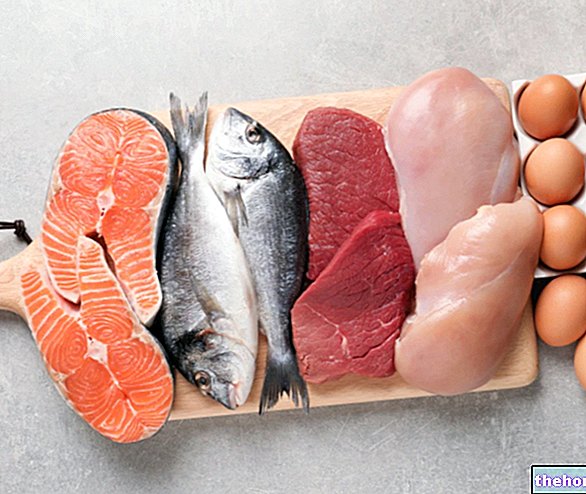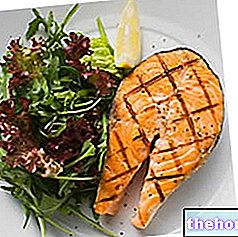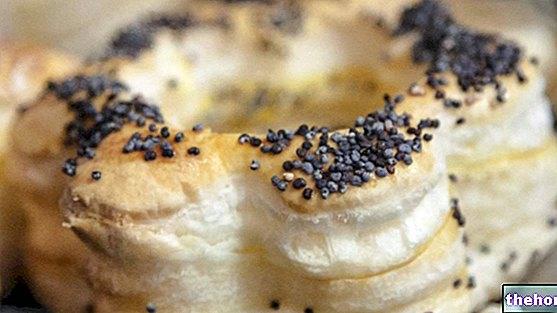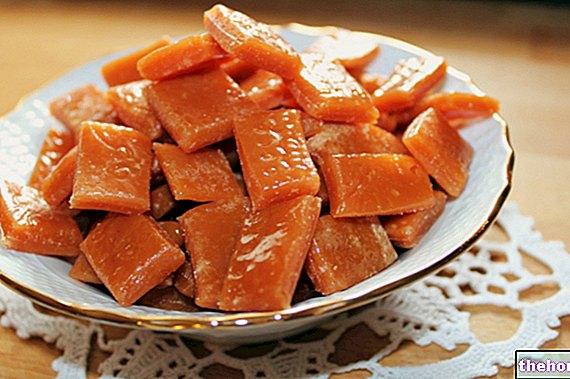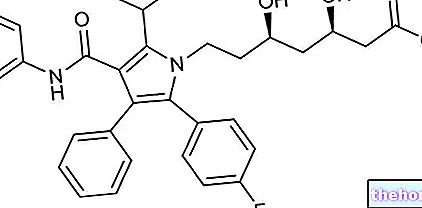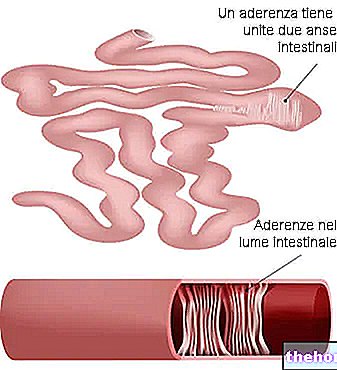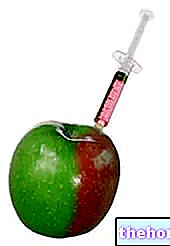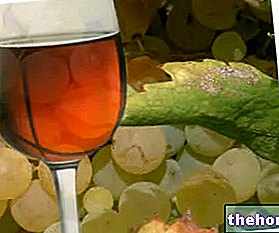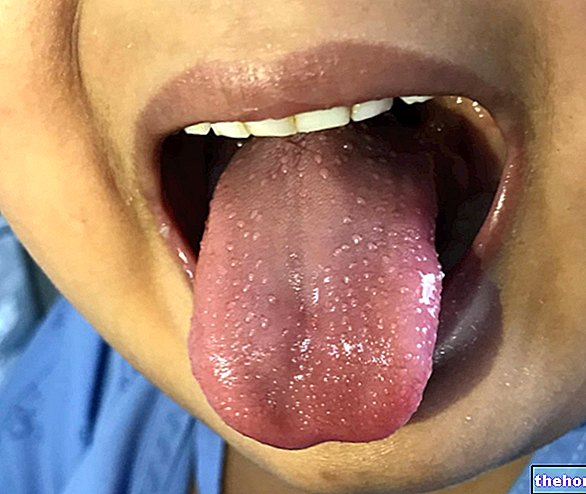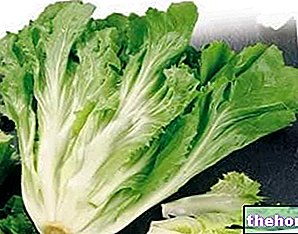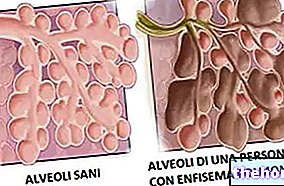Paleodiet
The paleodieta is a food philosophy that is inspired by the nutritional regime of men who lived before agriculture and farming, about 10,000 years ago (during the Paleolithic).
The paleo diet is NOT a method accepted by the contemporary scientific community, which considers the system unjustified, unbalanced, poorly applicable and potentially harmful (due to excess of proteins, excess of fats, tendency to ketosis, etc.).
The paleodiet abolishes all foods that fall into the II, III and IV fundamental groups, and does not ensure the recommended rations of various nutritional principles (especially carbohydrates and calcium).
Furthermore, it predisposes the body to metabolic acidosis (ketosis) and does not effectively support aerobic sports activities; it is absolutely not recommended in case of pregnancy, breastfeeding and high osteoporotic risk.

Food YES
The paleodiet does not require any kind of calculation, estimation or planning. It allows you to eat whenever an appetite arises, as long as only "paleo" foods are consumed: game, eggs, fish, reptiles, worms, worms, insects, berries, vegetables, fruits (less than vegetables), roots, bulbs, oil seeds, etc. More rarely, crustaceans, molluscs, very sweet fruits and honey.
NB. More than muscle tissue (meat), the paleo diet suggests consuming mainly offal (liver, heart, stomach, spleen, lungs, etc.), bone marrow and blood.
Food NO
The paleo diet denies the use of food supplements, milk and derivatives, cereals, legumes, salt, sugar, seasoning fats, food additives (or foods that contain them), sweet drinks, preserved and processed foods.
The adaptation of the palaeodiet to contemporary needs and tastes provides for a greater use of meat (especially white), fishery products and oil for seasoning.
Example
Employee; he practices the gym 5 times a week. He does not have any kind of pathology.
DAY 1
As "is clearly visible from the table above, this example of Paleodieta shows the lack of various nutritional principles, including: carbohydrates, fiber, sodium, potassium, calcium, thiamine, riboflavin, niacin, folate and vitamin E. Cholesterol is excessive. The overall energy is also not much.
ATTENTION! Wanting to fully respect the original eating style, it would be necessary to eliminate the seasoning oil and fruit. This would result in a significant modification of the nutritional details, ie a reduction of 15g of lipids, 29.3g of carbohydrates and 245.0kcal.
Obviously, the intake of fiber, certain salts (eg potassium) and some vitamins (eg vitamin C) would also be affected.

